KYIV. May 11 (Interfax-Ukraine) – The European Dairy Association (EDA) will conduct a study of the dairy landscape of the EU and Ukraine in 2030, taking into account the prospects for the end of the war and the long-term integration of the Ukrainian dairy industry into the EU, EDA Secretary General Alexander Anton said at the expert discussion “World, Europe, Ukraine – a view from the EU” this week.
“As long as dairy trade is based on reciprocity, we fully support the EU approach of zero tariffs and zero quota. As it stands, the Ukrainian lactosphere is fully integrated into the EU dairy sector,” he said.
“The Ukrainian dairy sector is of high competitivity with a real dairy culture in terms of milk production, milk processing and milk consumption – that is also proven by the high commitment of international dairies in the country. The volumes of milk processed by the Ukrainian dairy industry is now about 1/3 of the 8 million tonnes of milk produced per year. Processors are fully aligned with international standards and milk is transformed into added value products that are fit for the international markets, including the EU market,” he added.
“In a joint effort, together with the Union of Dairy Enterprises of Ukraine, milk and dairy were taken off the ‘trade restriction list’ of the five neighbouring countries to Ukraine as of today. Nevertheless, this ‘integration’ is limited by an approach that needs to be renewed every year and the logistic problems we face today (grain lorry jams at borders, drivers on strike). That’s why the EDA have commissioned a study on the 2030 dairy landscape in the EU and in Ukraine under the two assumptions: end of the war and long term integration of Ukraine dairy into the EU,” he said.
“The decision by the Polish government to ban dairy imports from Ukraine was not discussed with the dairy sector. But as a matter of fact, Ukraine closed its borders in April to imports of Polish dairy products. The ban by Poland for Ukrainian dairy seems to be a kind of retribution for the grain imports that affected mainly crop farmers,” said Agnieszka Malіszewska, Vice President of COGECA, Director of the Polish Dairy Chamber.
